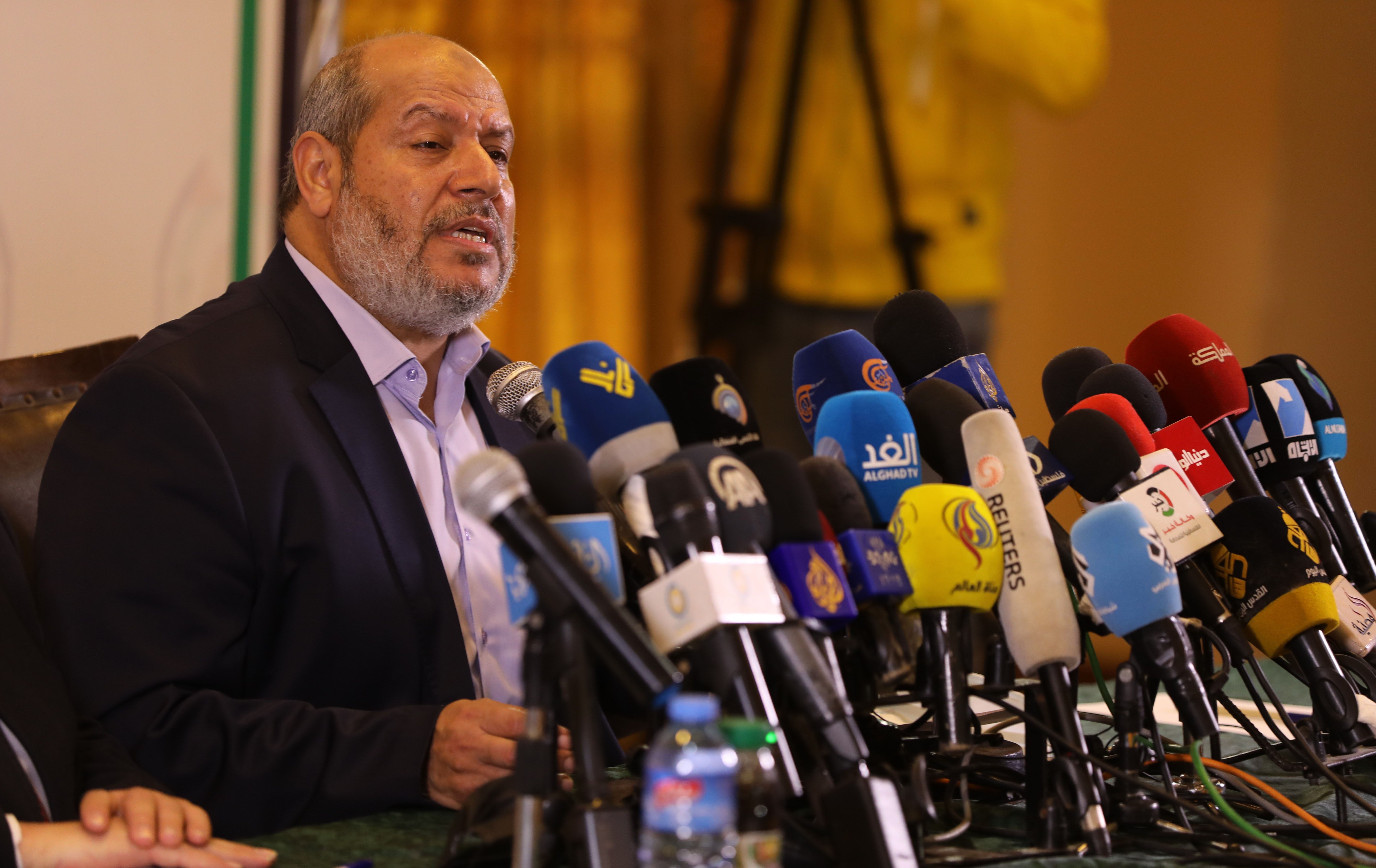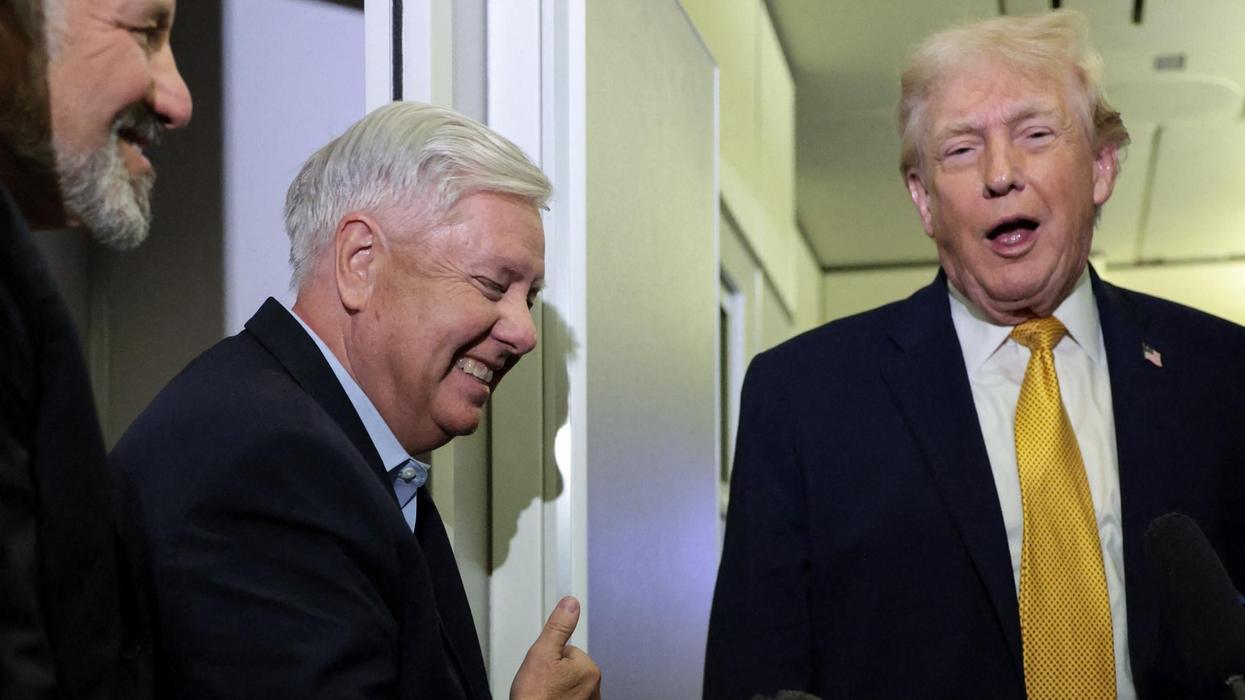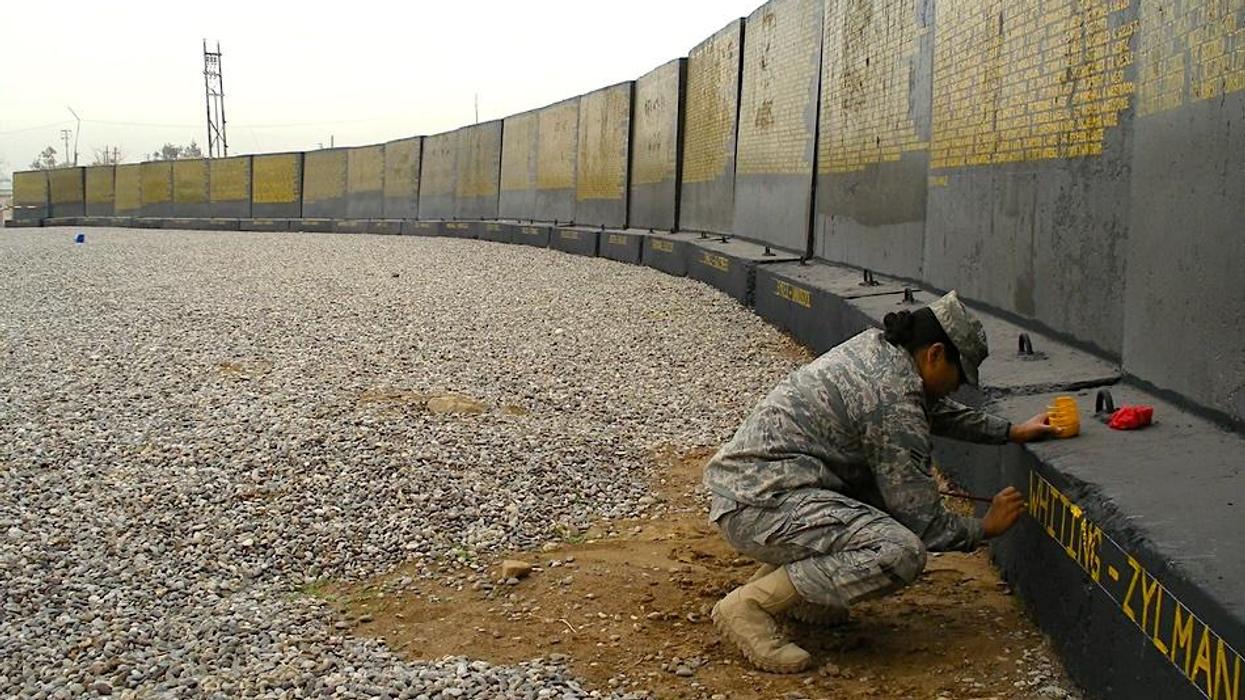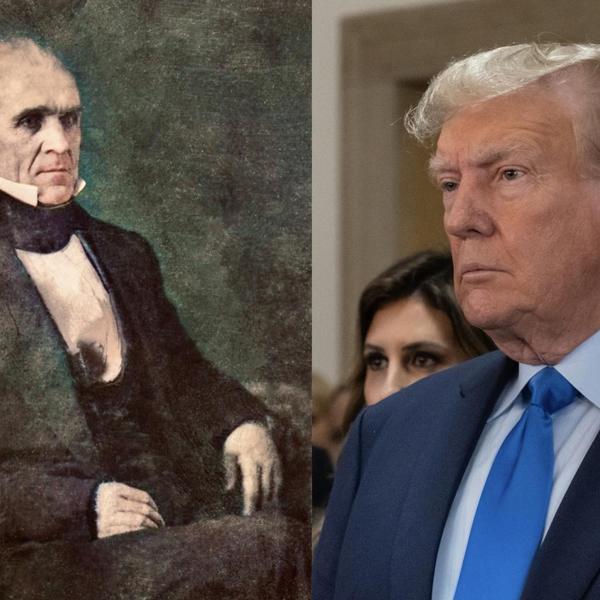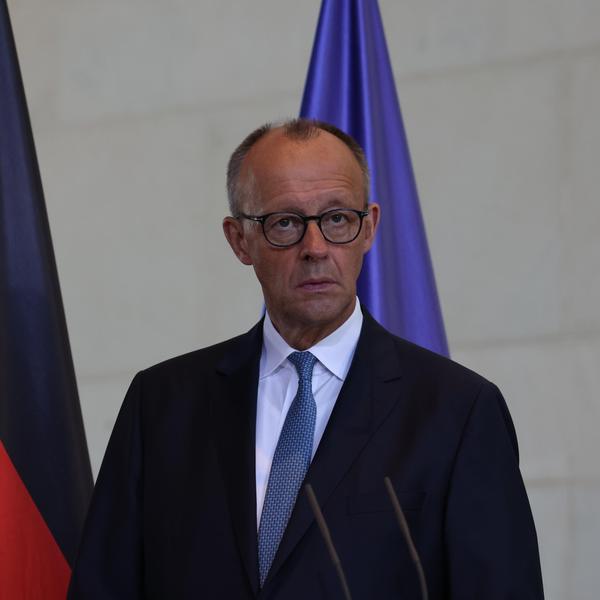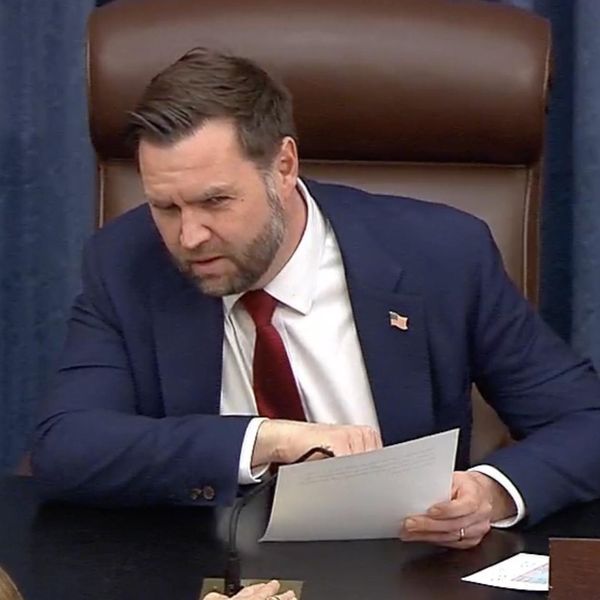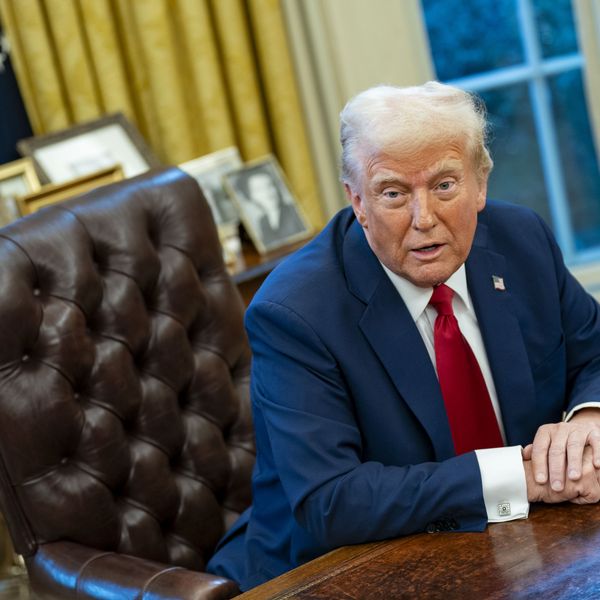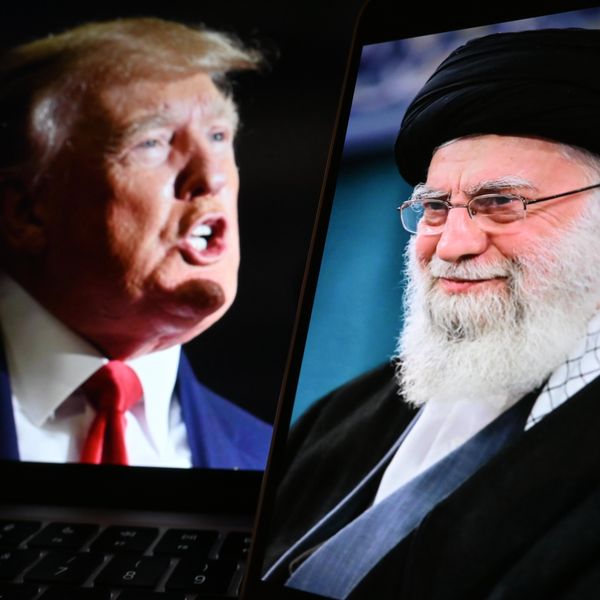Hamas’s surprise bloody attack on Israel on October 7, 50 years plus one day since the October 1973 war, and the massive Israeli military response in Gaza has dominated media coverage regionally and globally for the past two plus months.
American mainstream media for the most part has avoided a serious discussion of the Hamas context, the “root causes” of the conflict, the long-term implications of Israel’s indiscriminate bombing of Gaza, the morality, ethics, legality, and proportionality of the Israeli massive military operations in Gaza, and the diminishing stature and credibility of the United States among Arab and Muslim publics.
The Hamas Context
Hamas (Harakat al-Muqawama al-Islamiyya—Islamic Resistance Movement; the acronym means Zeal) emerged in 1987 in the West Bank and Gaza under the Israeli occupation after the first Palestinian Intifada as an alternative to the secular PLO. Israel, Jordan, and a few other Arab states were concerend about the growing strength of the PLO’s secular nationalist ideology and thus initially supported Hamas’s creation. Like other local Sunni Islamic political parties and movements — for example, PAS in Malaysia, Refah and AKP in Turkey, the Islamic Action Front in Jordan, and the Islamic Movement in Israel — Hamas was grounded in the ideology of the Muslim Brotherhood.
Hamas’s political program and charter focused primarily on resisting the occupation and the state of Israel. Hamas never followed the Wahhabi Salafi radical Tawhidi doctrine of Islam emanating from Saudi Arabia. In most of its history, Hamas, unlike al-Qaida and ISIS, never subscribed to or practiced global jihad against the perceived enemies of Islam. Its operational context has always been Palestine and its leaders have always been Palestinians. Many of them spent years in Israeli jails where they learned Hebrew. Most of Hamas’s political leaders are currently in exile in different Middle Eastern countries, especially in Qatar with whose leadership they maintained close relations.
Hamas also comprises a political wing, which over the years participated in governing institutions in the West Bank and Gaza, and a military wing (Qassam Brigades) that has built a fighting force and planned and executed military operations against Israel. Hamas is not a monolithic group, which reflects the reality of Palestinian society in Gaza and the West Bank.
Hamas’s charter rejects the existence of the State of Israel in Palestine, but its political wing has engaged with Israel, especially since 2007, on pragmatic matters that affect the Palestinians’ daily lives in Gaza and has shown a willingness to accept a two-state solution. Beginning in 2017, Hamas began to move slowly toward accepting a possible two-state solution to the conflict, implying recognition of Israel. Hamas leader Musa Abu Marzouk affirmed this position in a recent interview with the Washington based Al- Monitor but soon after tried to walk it back, claiming it was taken out of context.
Israel, the U.S., and most other Western countries for years viewed Hamas as a local militant nationalist religious movement. And in order to further the cause of the two-state solution and undermine Israel’s claim that there was no unified Palestinian interlocutor to negotiate with, some Palestinian leaders and Arab countries, particularly Qatar, suggested that the U.S. designate Hamas as a foreign terrorist organization, which it did in the late 1990s. After the Hamas election victory in Gaza in 2006, which incidentally was another intelligence failure, some important factions within Hamas sought a pragmatic engagement with Israel on such issues as labor, the power grid, water, fishing, and commerce. Some analysts within the U.S. government at the time judged that reaching out to the pro-engagement faction within Hamas would serve Israeli and U.S. national interests.
Unfortunately, Israeli and U.S. policymakers rejected that judgement.
Hamas’s jihadism moves global
Israel’s goal of eliminating Hamas as a movement is unattainable. Liquidating the current military leaders of Hamas will bring a new cadre of leaders to the top. Hamas, like other resistance organizations, has developed leadership succession plans that go down to second, third, and fourth tiers. American and Israeli intelligence agencies for the most part have focused on the first tier with scant knowledge of the leadership tiers below that.
Israeli and American policymakers have also yet to focus on the transformation of some of Hamas’s military leaders shifting from a local, nationalist, religious ideology resisting the Israeli occupation and calling for a Palestinian state into a global jihadist ideology. If such a transformation takes root, Hamas would essentially move away from the Muslim Brotherhood ideology to a radical, Wahhabi Salafi jihadist paradigm. Extremists within the Wahhabi paradigm do not accept the existence of a Jewish state in Palestine.
Much of the jihadist radicalization of many Hamas leaders, including Yahya Sinwar, occurred in Israeli jails. Although some were recruited by Israeli intelligence services, especially the Shin Beit, as assets and collaborators; others became more radicalized and secretive.
Palestinian economic, social, and political dehumanization in Gaza and the West bank, together with Israeli hubris about its military power and presumed penetration of Palestinian society, have led many Palestinian activists, including within Hamas, to adopt a narrative of jihadism grounded in Wahhabism, al-Qaida, and ISIS. It’s highly unlikely that Hamas’s political leaders would be allowed to participate in any discussions about postwar Gaza unless the whole Hamas movement, including the military wing, jettisons the global anti-Jewish jihadist paradigm and returns to its local, anti-occupation resistance posture.
The way forward
The most recent public opinion poll in the West Bank and Gaza shows a significant rise in Hamas’s popularity in both areas with nearly 90% calling on Mahmoud Abbas, the Palestinian Authority president in Ramallah, to resign. The poll, which was conducted between November 22 and December 2, finds that Palestinians view Hamas as the most legitimate group in the West Bank and Gaza.
The path forward encompasses two crucial steps that are essential for a resolution of the conflict. First, the wider conflict must be viewed in the context of the political, security, economic, and human rights aspirations of both peoples between the Jordan River and the Mediterranean Sea.
Second, Washington must engage government and community representatives from Israel, the Palestinians, Arab states, the EU, and the U.N. in a serious, initially private, conversation about the long-term political status of Palestine that goes beyond Hamas and the current PA regime in Ramallah.
This might sound like a pipedream, but we see the alternative in Gaza — and it is ugly.

